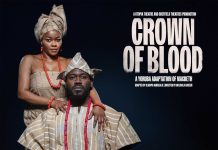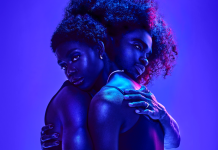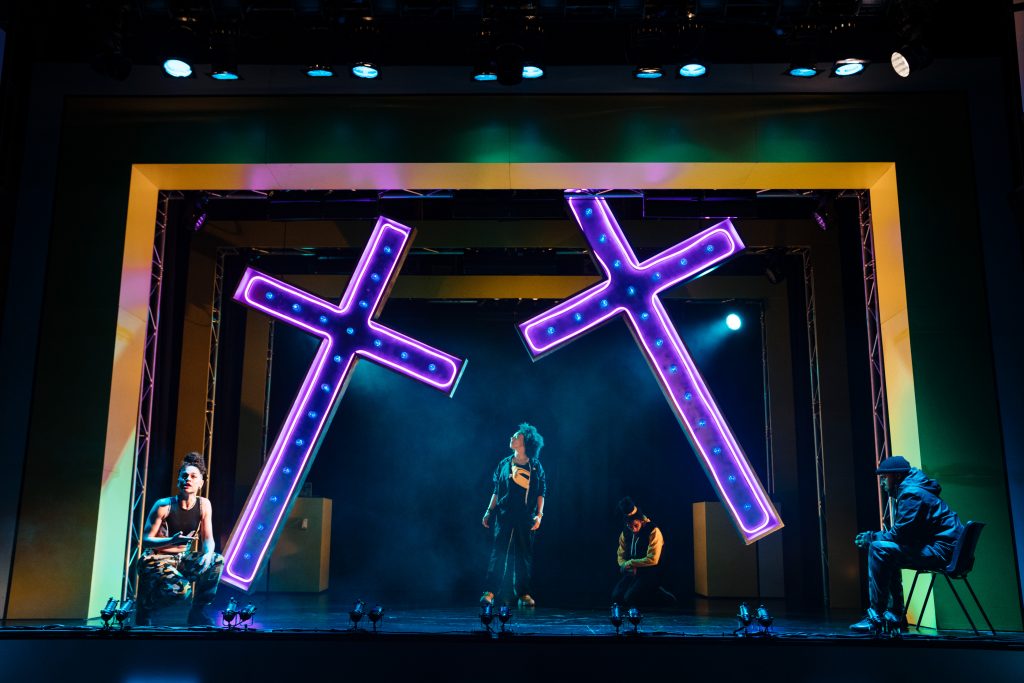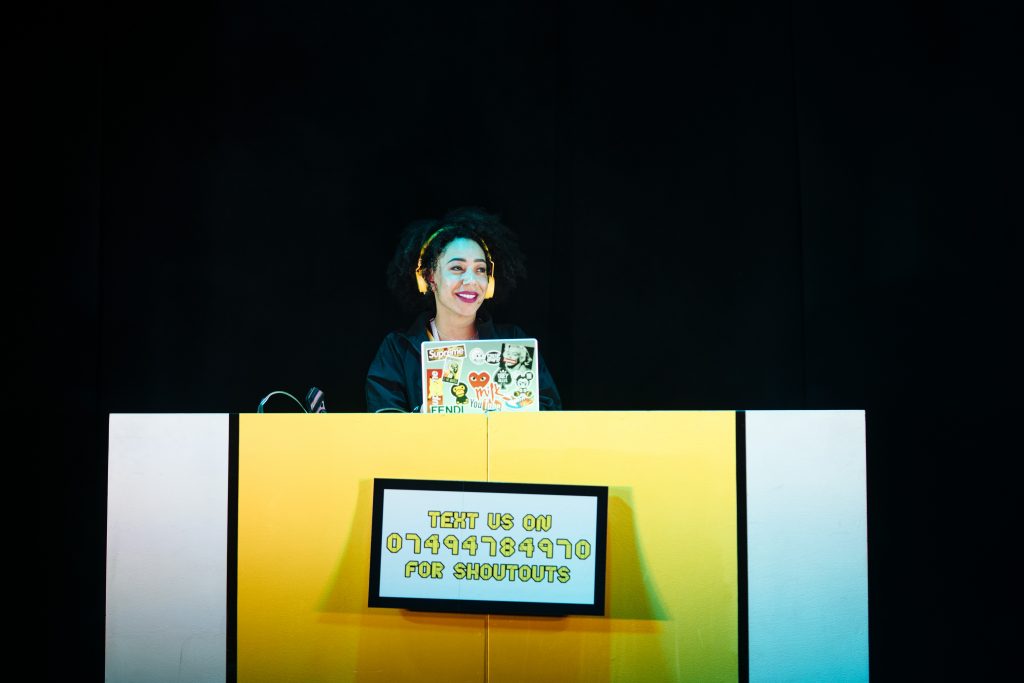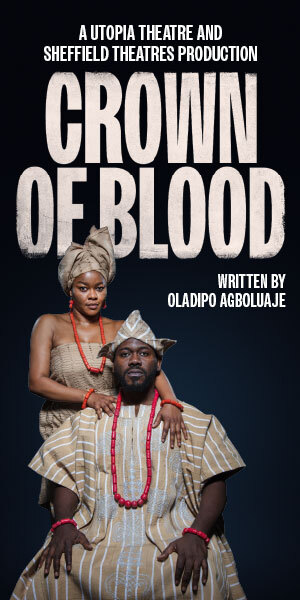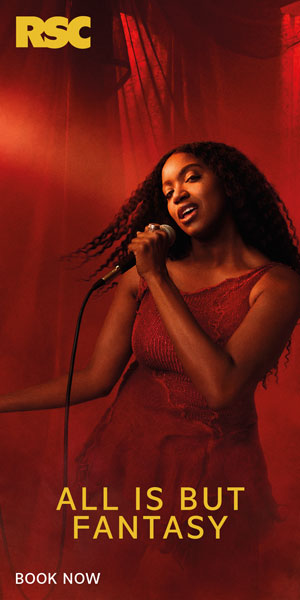Poet in da Corner tells the story of how Grime music became therapy for a young, white middle-class female who had been brought up as a Mormon – not the stereotypical Grime lover.
The play is showing at the Royal Court, where the Jerwood stage is transformed into a typical gig setting. With a DJ booth and minimal props, we watch spoken word artist Debris Stevenson try to convince those around her (particularly her friend Jamma who accuses her of not giving him credit for her music) that her life experiences were indeed a struggle.
As Debris spends 90 minutes trying to explain herself to Jamma, the audience goes on a deep journey with her as she reveals her life growing up as a teenager. From living in a strict Mormon household, being bullied at school, to having no support from her parents. We see how lack of support from a mother can cause so much pain in a teenager’s life especially when they are trying to understand their sexuality and how broken relationships – even when you are the person breaking them, can cause wounds that never heal. We start to feel compassion towards her as she tries to convince us that her upbringing was just as painful as Jamma’s; a young black boy living on a council estate trying to survive.
As I sat in a predominantly white audience to watch a white woman rap and harp on about her painful middle-class upbringing, I felt frustrated that I yet again had to watch a play that caricatured my culture. Interestingly from observing the audience I wasn’t the only one who felt this way – with the audience reception almost divided by ethnicity. All of the young non-black audience members were screeching with joy as they watched someone they could relate to rapping on the stage to Grime beats, whilst every black or Asian member of the audience seemed bored or fed up. It left me wondering whether this play would be commissioned if it was written and performed by a black woman? And whether the predominantly white audience would positively look at Grime if it were a black woman expressing how it had impacted her life?
In the age of the Kardashians (remember those “Bo Derek” braids); black culture, features, identity, style and lifestyle are often seen as desirable only when they are placed on white women. With social media finally calling out people who blackfish, we as a race are tired of seeing our culture being deemed acceptable and appreciated when they are not seen on black people. Poet in da Corner reminded me of the Kardashians – as like them, Debris uses black culture to form her identity. Whilst imitation is the greatest form of flattery and it’s beautiful to see our culture appreciated by others, it was uncomfortable to think that perhaps the reason why Grime music was being seen in a positive light was because it was in the hands of a white female.
The music was upbeat and enjoyable to listen to and I would recommend this play for teenagers who are trying to find their own identity.
Although problematic, this was probably one of the few things I liked about the play – its ability to challenge the negative press Grime music is given in the mainstream press by demonstrating it can inspire and help people from all backgrounds. Grime is typically associated with gangs and anti-social behaviour, and scrutinised and blamed for encouraging violence. In response to these erroneous claims, Grime artist Stormzy expresses that ‘There are so many different dynamics to the problem that need to be dealt with on a deeper level than a song… So, that’s why I always try and focus my energy into the actual,’.
Like Stormzy, I think we should be holding the government and society accountable for the root causes of these behaviours rather than allowing them to pin the blame on Grime music so they don’t have to do anything about it. Which is why in some ways, it was nice to see Grime music being shown as a force for good rather than bad. Rather than inspiring someone to be anti-social (as the media would have you believe) Grime music helps Debris work through her past, establish her own identity and become empowered.
I was extremely excited to watch this play as I love spoken word and Grime. I still remember the first time I listened to So Solid Crew’s album and feeling blown away by both the lyrics and beats – Envy is still one of my favourite songs to this day! When I heard that there was a play combining these two things I was excited to see how this play would turn out. Unfortunately, I was left disappointed as the play felt flat and cheesy and unintentionally left me with a series of uncomfortable questions.
Although I didn’t love this play, I enjoyed the energy the performers had. The music was upbeat and enjoyable to listen to and I would recommend this play for teenagers who are trying to fin



